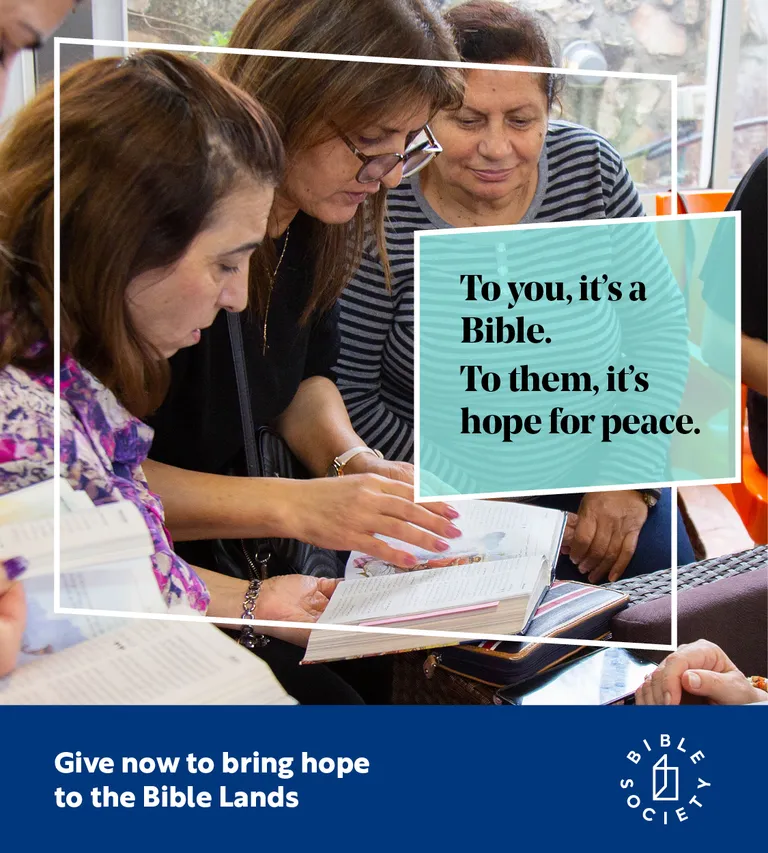A few weeks ago, on a Saturday afternoon in the beautiful countryside setting of Devon, an event involving about 50 friends and family gathered to mark our latest grandson’s birth. Called a ‘naming day’, it represented a kind of non-Christian christening.
Partly, perhaps because paganism pre-dates Christianity, my son and his partner hoped, like themselves, that everyone would be touched by a deeper and more meaningful experience of creation. Obviously, as infants, we would have been present when our parents had us either christened with names or prayed over with thanks to God. This event was markedly different and more interactively engaging than a traditional Christian service. As the ceremony began all those present were recognised as having different religious or non-religious backgrounds. This implied, for me at least, that some unspecified acceptance of religious diversity was expected.
Of course, along with the friendly picnic beforehand, the ceremony itself was deliberately arranged to blend with the natural environment. Using primitive technology, my son set a fire in our midst and his partner, our grandson’s mother, engaged us all in singing with her a simple mothering invocation she recalled from her time in Burkina Faso; we repeated after her the words she sang as we all queued to greet their son with our own personal welcome.


